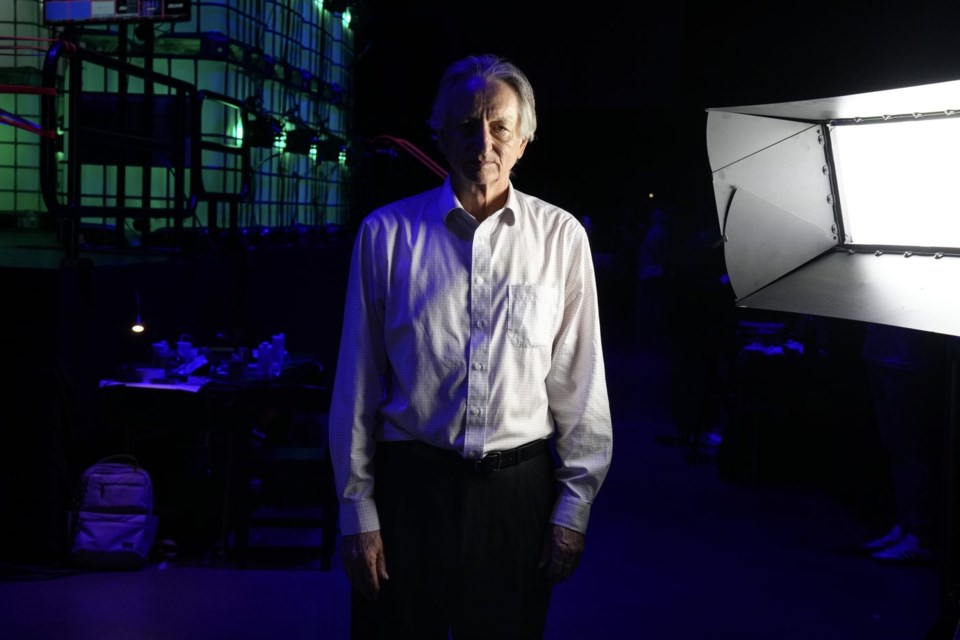TORONTO — The research that won Geoffrey Hinton a Nobel Prize for physics was the product of plenty of work carried out before artificial intelligence was the buzzword it is today.
The British-Canadian computer scientist and other AI pioneers say his now-celebrated discoveries dating back to the 1980s attracted doubters and a fraction of the attention AI sees today.
"It was a lot of fun doing the research but it was slightly annoying that many people -- in fact, most people in the field of AI -- said that neural networks would never work," Hinton recalled on a Tuesday evening press conference to discuss the Nobel honour he was given that morning.
Neural networks are models that mimic the human brain by recognizing patterns and making decisions based on data.
Hinton, a professor emeritus at the University of Toronto, was awarded the Nobel Prize for uncovering a method that independently discovers properties in data and is seen as foundational for the large neural networks AI relies on.
His co-laureate John Hopfield, a Princeton University researcher, was honoured for advancing AI by creating a key structure that can store and reconstruct information.
In the heyday of their research, Hinton remembers there being plenty of skeptics.
"They were very confident that these things were just a waste of time and we would never be able to learn complicated things like, for example, understanding natural language using neural networks and they were wrong."
Yoshua Bengio, a fellow Canadian computer scientist who won the A.M. Turing Award with Hinton and French-American Yan LeCun in 2018, said it took about two decades for the perception of neural networks to shift.
The wait wasn't easy for Hinton.
"He was frustrated that his ideas were kind of rejected by the mainstream," Bengio said in an interview.
He thinks it took so long for public perception to swing in favour of Hinton's work because schools of thought can be really entrenched and difficult to change, even in the scientific community.
"For people who are thinking out of the box and maybe in ways that contradict the accepted beliefs, it could be a challenge and it has been for him and it has been for me," Bengio said.
Hinton now has an almost-celebrity like status among the technology community that was only bolstered by his Nobel win. On recent visits to tech conferences in Toronto, there's never an empty seat in the room and the talks he gives generate regular headlines.
The public has been increasingly looking to Hinton for advice around AI ever since U.S. tech company OpenAI launched AI chatbot ChatGPT in November 2022. The release prompted a flood of global companies to get serious about AI and release more products and services embedded with the technology.
At 76, Hinton said he doesn't plan to do much more "frontier research" and will send his half of the 11 million Swedish kronor (about C$1.45 million) Nobel prize to charity.
"I believe I'm going to spend my time advocating for people to work on safety," he said.
Hinton, who quit a job at Google last year to speak more freely about AI, has said he fears the technology could cause misinformation, bias, battle robots, unemployment and even the end of humanity, if safety measures are not deployed.
This report by The Canadian Press was first published Oct. 9, 2024.
Tara Deschamps, The Canadian Press

